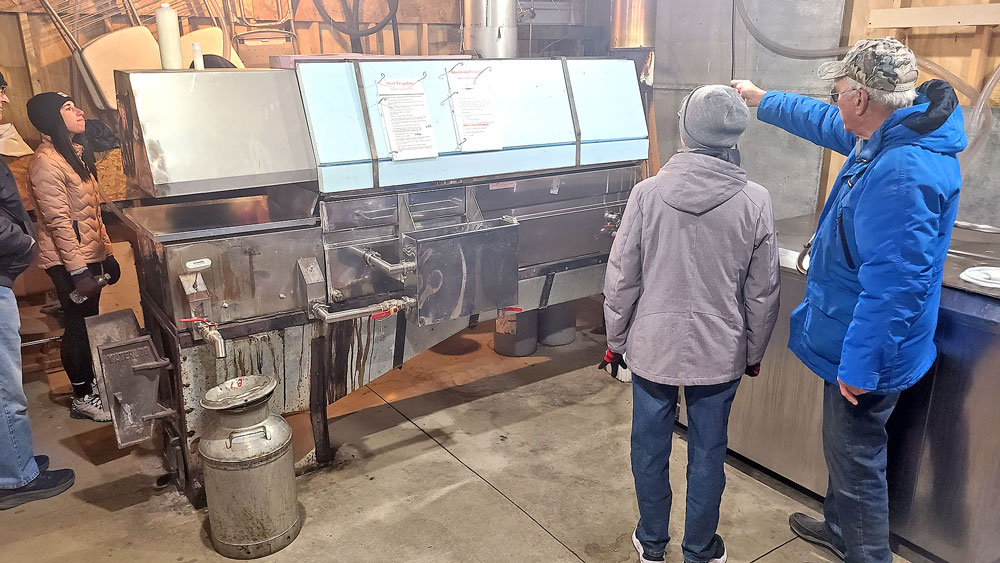World leaders gather in France to try to save Earth from overheating
CLIMATE CHANGE
World leaders gather in France to try to save Earth from overheating
Experts say early emission pledges fall far short of need
LE BOURGET, France (AP) — With dramatic vows to save future generations from an overheated planet, the largest gathering ever of world leaders began two weeks of talks Monday aimed at producing the most far-reaching pact yet to reduce greenhouse-gas emissions and avert environmental havoc.
“We should ask what will we say to our grandchildren if we fail,” British Prime Minister David Cameron said as the U.N. climate summit opened under heavy security on the outskirts of Paris, two weeks after the extremist attacks that left 130 people dead. “Instead of making excuses tomorrow, let’s take action today.”
Even before the gathering, more than 180 countries pledged to cut or curb their emissions, but scientific analyses show that much bigger reductions would be needed to limit man-made warming of the Earth to 2 degrees Centigrade (3.8 degrees Fahrenheit) over pre-industrial times, the internationally agreed-upon goal.
The biggest issue facing the 151 heads of state and government at the summit is who should bear most of the burden of closing that gap: wealthy Western nations that have polluted the most historically, or developing countries like China and India that are now the biggest and third-biggest emitters of greenhouse gases?
“Addressing climate change should not deny the legitimate needs of developing countries to reduce poverty and improve living standards,” Chinese leader Xi Jinping told the conference.
The last major climate agreement, the 1997 Kyoto Protocol, required only rich countries to cut emissions, and the U.S. never signed on. Since then, global temperatures and sea levels have continued to rise, and the Earth has seen an extraordinary run of extreme weather, including severe droughts and storms.
This new round of talks seeks to produce an agreement that would require all countries, rich and poor, to take action.
While the specifics have yet to be worked out, the pact is meant to chart a path toward reduced reliance on coal, oil and gas and expanded use of renewable energy such as wind and solar power.
The negotiations will focus on whether emissions targets should be binding or voluntary and how to verify that countries are hitting their targets. Another big issue will be how to provide the finance and technology that developing countries will need to reduce their emissions and cope with the effects of rising seas, intensifying heat waves and floods.
“The future of the people of the world, the future of our planet, is in your hands,” U.N. Secretary-General Ban Ki-moon told negotiators in his opening remarks. “We cannot afford indecision, half measures or merely gradual approaches. Our goal must be a transformation.”
China and India say they want the agreement to clearly reflect that industrialized nations bear the biggest responsibility for the problem. President Barack Obama offered assurances that the U.S. isn’t trying to shirk its duty.
“I’ve come here personally, as the leader of the world’s largest economy and the second-largest emitter, to say that the United States of America not only recognizes our role in creating this problem, we embrace our responsibility to do something about it,” Obama told the conference.









Social Share